- +353 21 422 0397
- info@mervue.ie
- Mon - Fri: 09:00 - 17:00
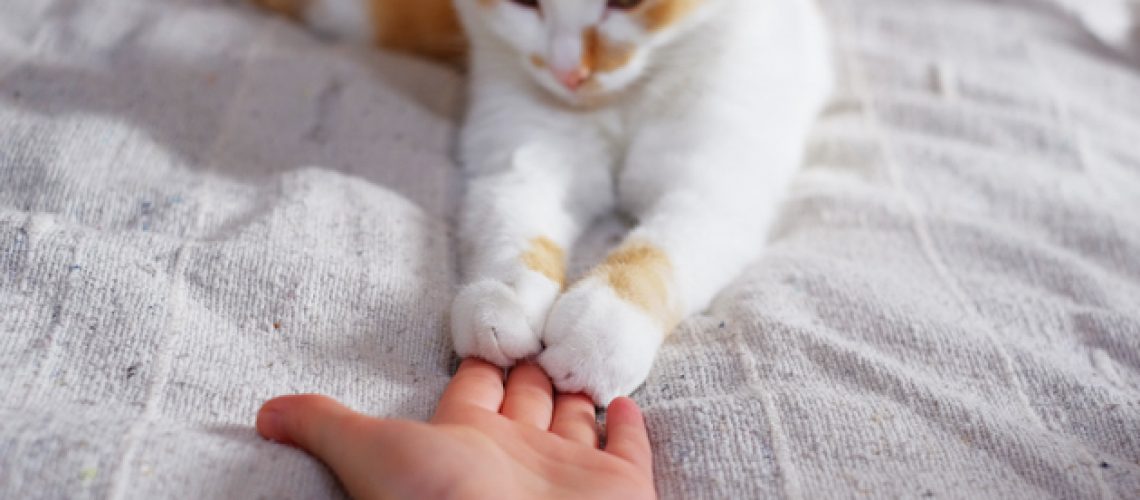
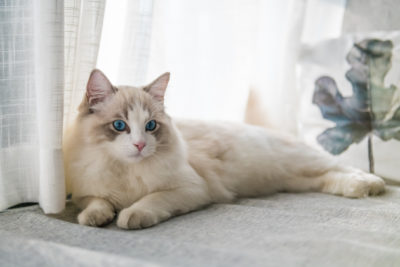
Cat flu is extremely common in cats and is caused by a range of respiratory viruses and can be complicated by secondary bacterial infection. The symptoms associated with cat flu infection can vary from mild to life threatening. Two cat viruses have been associated with cat flu and can occur either alone or in combination, feline calicivirus (FCV) and feline herpes virus (FHV-1). In common with humans, feline herpes virus can become latent in the cat and reactivate at times of stress.
The clinical signs and symptoms associated with cat flu include:
Cat flu viruses persist in the environment and are readily transferred between cats especially via humans. Vaccination is the single most important factor in controlling the severity and transmission of cat flu. The feral cat population serves as a reservoir for the cat flu viruses. While vaccination is very important in reducing the duration and severity of the clinical signs associated with cat flu, vaccination does not prevent exposure or eliminate infection entirely.
It is important to know that you can’t catch the flu virus from your cat. Both of the cat flu virus are specific to cats.
Care for cats with cat flu is usually done at home. Treatment and management can include:
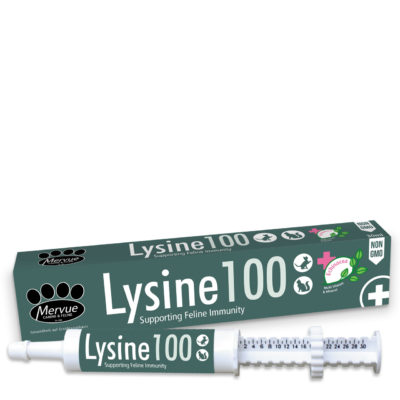 LYSINE 100 contains lysine, seaweed (Laminaria hyperborean) and echinacea. Lysine has been demonstrated to reduce the severity and duration of symptoms associated with cat flu and to also reduce the amount of virus shed (and thus transmission) from infected cats. Seaweed (Laminaria hyperborean) contains lamarins and β-glucans. In some species lamarins and B-glucans have been demonstrated to positively influence the immune system as well as have an anti-inflammatory effect. In humans, echinacea has been demonstrated in some trials to reduce the incidence and severity of the common cold.
LYSINE 100 contains lysine, seaweed (Laminaria hyperborean) and echinacea. Lysine has been demonstrated to reduce the severity and duration of symptoms associated with cat flu and to also reduce the amount of virus shed (and thus transmission) from infected cats. Seaweed (Laminaria hyperborean) contains lamarins and β-glucans. In some species lamarins and B-glucans have been demonstrated to positively influence the immune system as well as have an anti-inflammatory effect. In humans, echinacea has been demonstrated in some trials to reduce the incidence and severity of the common cold.
LYSINE 100 should be administered at a rate of 1ml/day to kittens and 1-2ml/day to older cats. The paste can be smeared on your cats lips or paws or placed in their food if the cat is eating.
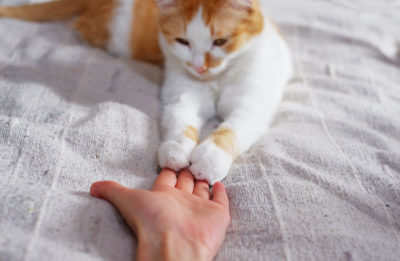 In all cases of cat flu, good nursing care is very important. Affected cats should be isolated from other cats and persons handling affected cats should not handle healthy cats, or if they must do so, should change their clothes and was their hands well before doing so. Gently cleaning the eyes and nostrils will improve comfort and aid smelling of food.
In all cases of cat flu, good nursing care is very important. Affected cats should be isolated from other cats and persons handling affected cats should not handle healthy cats, or if they must do so, should change their clothes and was their hands well before doing so. Gently cleaning the eyes and nostrils will improve comfort and aid smelling of food.
Try to keep your cat quiet and comfortable within easy reach of their food, water, litter tray and bed.
Encourage your cat to eat. Food should be highly palatable and warmed slightly to increase smell and encourage appetite. Also encourage your cat to drink often.
Veterinary consultation should always be sought with very sick cats, cats with coughs and cats that haven’t eaten for 3 days or more as a course of antibiotics may be required.
For more Technical Information on Treating Cat Flu please click here https://mervue.ie/news-experts/technical-articles/treating-cat-flu-lysine-100/
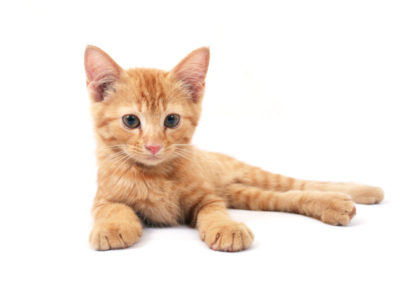
1.アルコール飲用時に本剤を投与した外国の臨床薬理試験において、アルコール血中濃度、本剤の血漿中濃度のいずれも相互に影響を受けなかったが、アルコールを高用量<1gkg>飲用した被験者において、眩暈や起立性低血圧が報告された. Medizon 月1万人が使うお医者さん探しサイト.